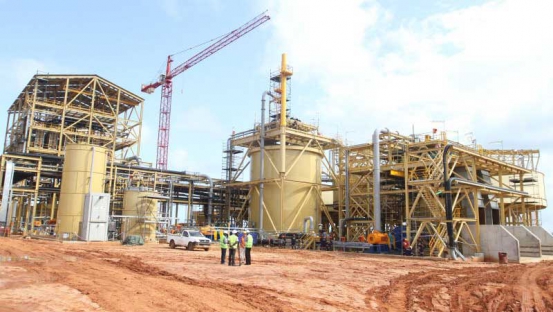×
The Standard e-Paper
Home To Bold Columnists

The Base Titanium mineral project is arguably the biggest extractive investment in the country.
This year has particularly proved successful for Base, following the mining of over 10 million tonnes of ore on its expansive 4,200-acre leased land.